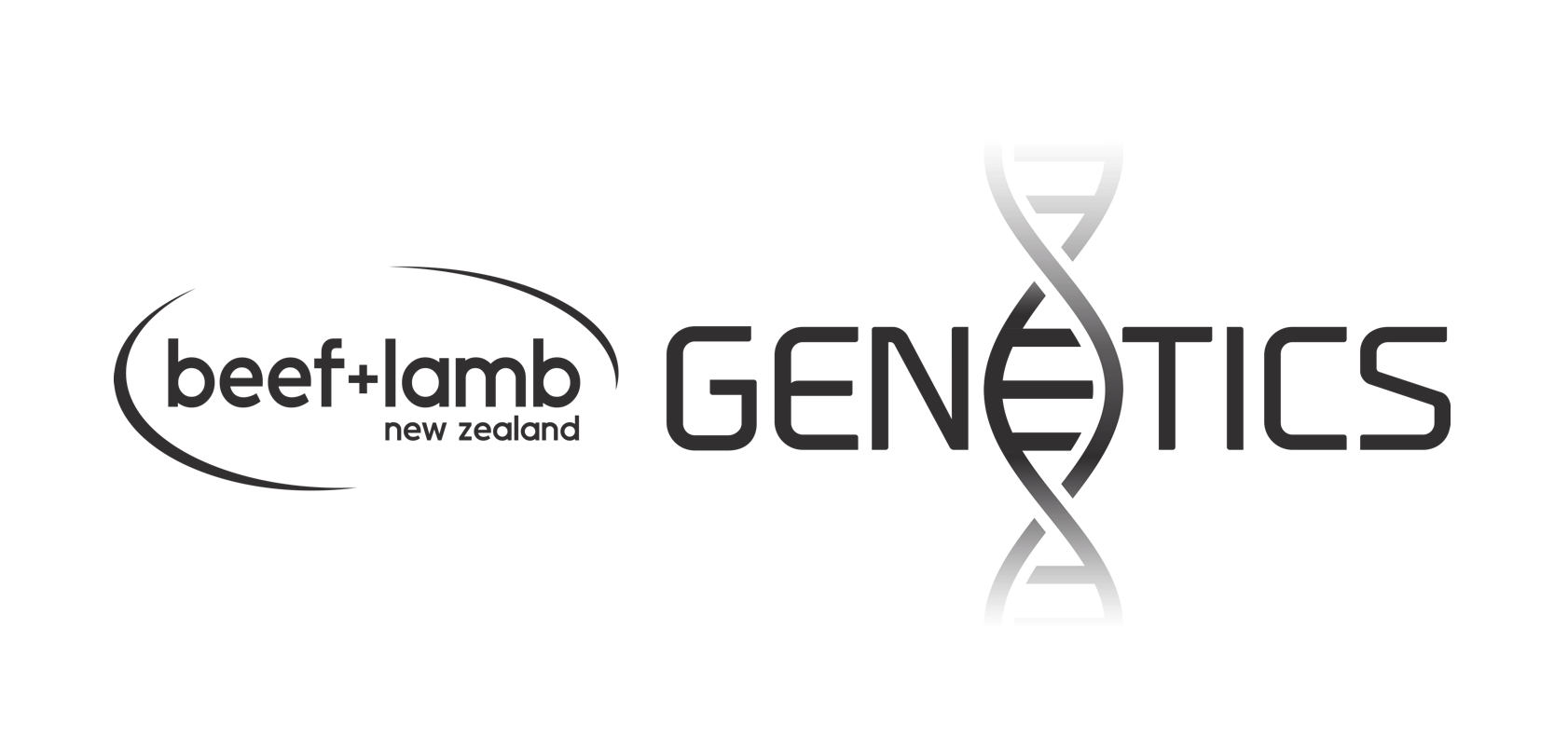B+LNZ Genetics underway
Tuesday 1st July 2014

July 2014
Beef + Lamb New Zealand (B+LNZ) Genetics is officially in business.
B+LNZ Genetics General Manager, Graham Alder said the contract with the Ministry of Business, Innovation and Employment has been signed, securing the Government’s contribution of $15 million over the next five years. In total the new entity will attract $44 million, coming from sheep and beef farmers, the wider red meat industry and the Government.
“This investment will power up the genetic gains for New Zealand sheep and cattle so they are more profitable and better matched to consumer demands.” B+LNZ Genetics combines the previous investments in Ovita, Sheep Improvement Ltd and the B+LNZ Central Progeny Test.
Alder says the money will be invested primarily in three areas and there will be a renewed focus on beef genetics.
“There will be an upgrade to the software that runs the SIL database so it’s capable of dealing with increased flows.
There will be research into new genetic traits relevant to sheep and beef profitability – like the longevity of ewes and cows, particularly on hill country. And the third area is making the genetic tools and information easier to understand and use.”
Alder says the work is all about providing tools and information so farmers can buy better rams and bulls. Beef + Lamb New Zealand Chief Executive, Dr Scott Champion said it was an exciting time for sheep and beef farmers, as genetic advances are one of the most important drivers of profitability and productivity. Scoop Media Cartel DFP Tag
“We’re on the eve of being able to access a whole new range of genetic tools and information that will take the sector to the next level. Importantly, B+LNZ Genetics brings together what were previously three separate parts of the business into an entity just focused on genetics; getting new genetic tools and services out to farmers, and then supporting them to use them in their farming businesses,” Champion said.
It’s estimated the genetic investment and its uptake has the potential to add $845 million to the sheep and beef sector over the next 20 years.


